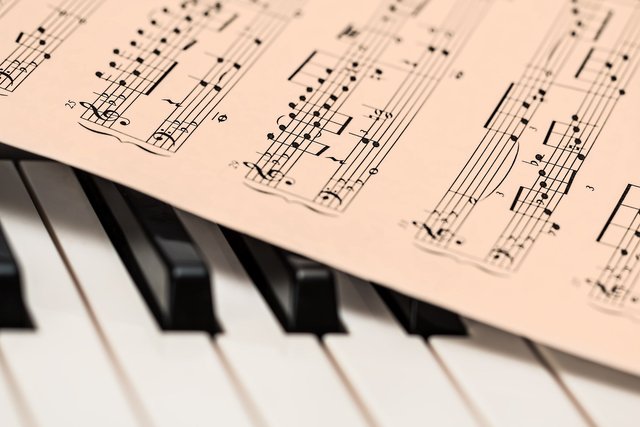What does music bring to people?
Music, is an extremely important art form in the history of human cultural development. The mystery of its origin has been impossible to examine and will hardly be solved. However, the birth of music has brought to mankind an artistic experience that is extremely rich in fantasy. It has not only left a strong color in the field of cultural history, but also helped people to insert the wings of their dreams and stimulate the emotional art hidden in their hearts.
Generally speaking, the activity of music described as an art form or cultural activity includes the creation of musical works, which ancient Greek and Indian philosophers defined as tones arranged horizontally as melodies and vertically as harmonies. Just as words are the vehicle for the art of language, music is the art of sound. Whether it is a symphony on a grand scale or a plaintive ballad, they are all original artistic creations. Just as a jumble of words is not a language, or a randomly scribbled line is not a painting, without a regular combination of melodic rhythms and other creative factors, it is difficult for any sound to become music that moves people.

In addition, music, as an auditory art, carries connotations that are mainly received through the auditory system. Although the auditory sense is the main channel of receiving stimuli, in fact, when people feel music, they do not only stay in the auditory sense, but also participate in an aesthetic experience in every corner of their body.
We know that among all art forms, music is the most expressive of people's emotions. The "Book of Rites" in the "Book of Music" writes: "Where the sound of the start, from the hearts of the people also, the hearts of the people's movement, things to make the natural also, feel the things and move, so the shape of the sound, sound corresponding, so the birth of change." So it is said that there is a certain sameness between the sound form of music and human emotion, which can express specific emotion with different timbre, rhythm, melody and other detailed techniques.
At the same time, some studies have shown that "music with slow, sad rhythms leads to less human contact activity and conversations are often filled with resentment and hostility. Conversely, music with a sharp rhythm and a smooth, happy flow leads to friendly conversations between people." In other words, music can change people's moods while expressing emotions, and this particular kind of music therapy is also known in psychology as "emotional empathy.
Beethoven said, "Music is a higher revelation than all wisdom, all philosophy, and whoever can penetrate the meaning of my music will be able to transcend the sufferings from which ordinary people are unable to extricate themselves." For a long time, the vitality of music has not diminished in the course of history, but has become more resilient and long-lasting. The emotions it contains have long been not only the expression of human emotions, but also the record of the inheritance of the world's nature, becoming the communication language of history.